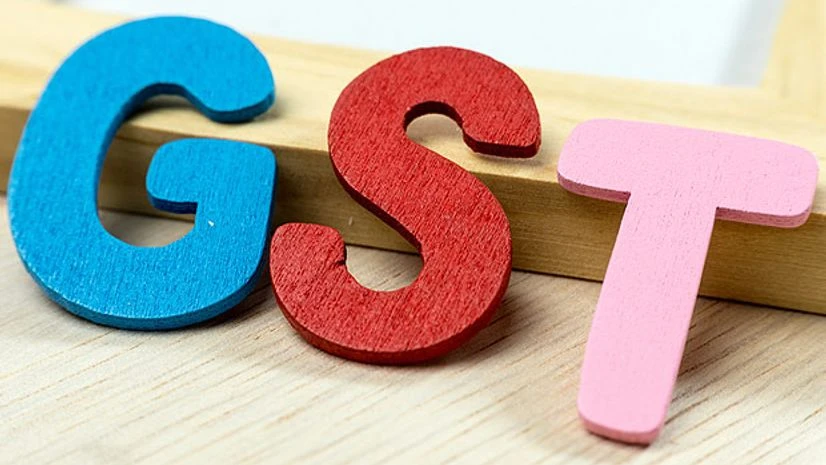The Union Cabinet on Wednesday paved the way for the goods and services tax (GST) Constitution amendment Bill to be passed in the Rajya Sabha by clearing key changes.
The Cabinet gave the green light to scrapping the one per cent addition tax on the interstate supply of goods. The Rajya Sabha is most likely to vote on the Bill next week.
On Tuesday, Union Finance Minister Arun Jaitley and his counterparts from the states reached consensus on the issue of the one per cent tax, intended to benefit manufacturing states such as Maharashtra, Gujarat and Tamil Nadu.
After the consensus was reached to scrap the additional tax, the Centre pledged full compensation to states for the revenue loss over the next five years of the unified indirect regime rollout. This, too, was cleared by the Cabinet.
In the earlier version of the GST Constitution amendment Bill, passed by the Lok Sabha in May 2014, the Centre had provided for full compensation for the first three year and 75 per cent and 50 per cent in the fourth and fifth years, respectively.
Also Read
“Amendments to the Constitution amendment Bill have been approved by the Cabinet. The changes include dropping one per cent tax on interstate supply of goods and categorical wording on the guarantee to compensate states for any revenue loss in the first five years,” said a government official on the condition of anonymity.
The additional levy had sparked fears that it would lead to a cascading, tax on tax, since it would not be a part of the GST chain.
The development raises hopes of the Bill getting passed by the Rajya Sabha in the current monsoon session that ends on August 12. The Bill, with the changes approved by the Cabinet, may be tabled as early as next week.
By doing away with the one per cent tax, the government has met one of the three key demands over which the chief Opposition party, Congress, has been blocking the Bill in the upper House.
A select panel of the Rajya Sabha had recommended diluting the provision of the one per cent tax on interstate supply of goods, by proposing to limit it to inter-state trade of goods. This means that the tax would not be imposed on company-to-company transfer between states.
However, the Congress wanted complete elimination of this tax as it creates distortions in the GST chain. Experts greeted the new development.
M S Mani, senior director, indirect tax, Deloitte Haskins & Sells LLP, said, “It is indeed commendable that the Cabinet has taken up the GST matter within a day of the meeting of the empowered committee of state finance ministers. This depicts the resolve and commitment of the government to move ahead on GST.”
He added that the decision to do away with the one per cent tax will remove a major aberration in the GST value chain.
Harishankar Subramanian, national leader, indirect tax, EY, said, “The Cabinet's clearance of crucial amendments in the Constitution amendment Bill in response to empowered committee discussions is indeed very welcome and will pave the way for political consensus and early passage of the Bill.”
The government, with the full support of the states, however, did not relent to the Congress demand of capping the GST rate in the Constitution amendment Bill. In fact, the Congress has been giving indication of diluting that demand.
Besides, the earlier provision on dispute between states and the Centre also remained unchanged. The dispute will be adjudicated by the GST Council, which will have representation from both the Centre and states. The Congress wanted an independent dispute resolution authority.
Once the Rajya Sabha approves the legislation, the amended Bill will have to go back to the Lok Sabha for approval. The government plans to roll out GST by April 1, 2017.
According to the amendments, the Centre will now constitutionally guarantee states for any loss of revenue from the GST subsuming all indirect taxes, including value added tax, in the first five years of introduction.
GST being a constitutional amendment requires to be passed by Parliament with two-thirds majority and after that, at least 50 per cent of state Assemblies will have to approve the legislation.
After that, the Lok Sabha and the Rajya Sabha will have to pass the central GST Bill and the states have to pass their own GST Bills.
After the legislative procedure gets over, the GST Council, which will be the decision-making body on all issues, including rates of the new tax, will be set up.

)
